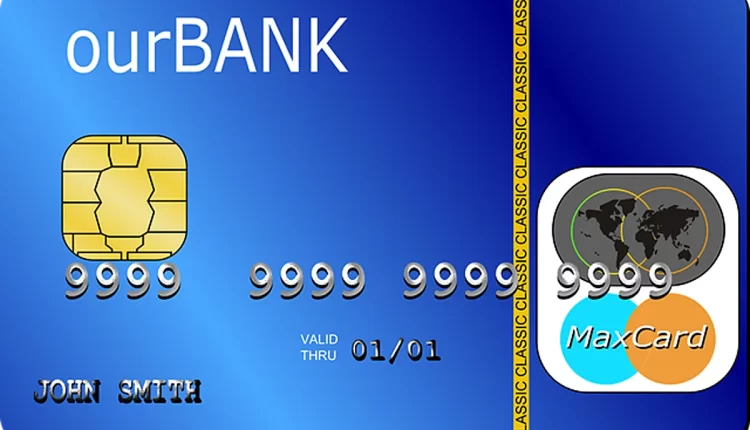Credit Restoration
Obtaining copies of your credit reports from the three major credit reporting agencies or annualcreditreport.com is the first step in repairing your credit. One free copy each year is required by law. Here are the contact details for the three major credit reporting agencies:
Dial 800-685-1111 to contact Equifax.
Contact Experian at 888-397-3742.
Contact TransUnion at 800-888-4213.
Examine your credit report for errors as soon as you obtain it from any of the credit above reporting companies or through annualcreditreport.com. The first step is to file a dispute with each of the credit reporting bureaus that has incorrect information. All disagreements must be reported through the appropriate online reporting systems. Experian offers a dispute page on its credit services maintenance page, and Equifax and Transunion also have online dispute forms on their websites.
After analyzing your credit report and disputing any incorrect information, you can proceed with credit restoration. Several methods that can help you rebuild your credit history are discussed here. Each of the following options is a solid springboard to launch an attack on your credit.
Credit Card Security
Credit cards that need a security deposit are called “secure” cards. They’re helpful for starting over following a financial setback such as a foreclosure, divorce, or bankruptcy. You can get a secure card through your local bank or credit union or order one online. To qualify for a secured credit card, applicants usually need either minimal credit history or a credit score of at least 500. A secure card functions like a debit card, but the difference is that secure cards disclose monthly payments to credit bureaus. A secure card calls for an initial deposit and subsequent repayment of money as they are used. The standard starting point for most security cards is $300. Initial and yearly costs can add up quickly for most services. Be sure to pay on time each month. If you make all of your monthly payments on time, the creditor will likely increase your credit limit and eventually let you convert your secure card to a conventional credit card as your credit history improves.
Credit card safety safeguards are a must.
• Verify that the creditor will provide payment information to the three major credit reporting companies.
A fair grace period, no termination fees, and the option to graduate to a regular credit card after making a certain number of on-time payments are just a few benefits this card offers.
Financial Cooperative – Repayable Loans
You can build or repair your credit history with the help of a credit union. Better interest rates, installment loans, and credit card possibilities are some benefits of credit union membership. A small installment loan from a credit union is one of the best methods to build or repair credit. Payments may be made on time if they are deducted automatically from a checking or savings account.
Car Financing
You can get financed at various “buy here, pay here” car lots. If you need to build or repair your credit, this is a viable alternative. Check if the car dealership or financing service you’re considering works with all three leading credit reporting agencies.
Cards Used by Two People
You can build or repair your credit by opening a joint credit card with your spouse if he or she has strong credit. A parent or sibling could be willing to open a joint card for you if you are not married.
Cards Issued for Authorized Users
Someone else (often a family member) is accountable for the charges on an authorized user’s credit card. Authorized users are not required to make payments on the card, although doing so will result in positive credit history updates for themselves and the primary cardholder.
New Credit Establishment Options
You may wish to open a checking or savings account with a local bank or credit union if your credit scores are below 500, you are unemployed, or you are in the process of bankruptcy or foreclosure. You can make reestablishing credit easier by developing a relationship with a financial institution before you need their services again.
Once you’ve acquired a line of credit, it’s in your best interest to use it regularly and pay on time each month. A co-signer may be required when applying for your first credit card or loan. If you are late making a payment, know that it will reflect poorly on both your credit and the credit of your co-signers. If someone is helping you out, the last thing you should do is mess with their credit. Please arrange for an automatic withdrawal if at all possible. Credit card balances should never exceed 30 percent of the card’s limit. The results should improve significantly. After making all your payments on time for a year, you may be eligible for a standard credit card with a higher credit limit. The plan is to set up a new line of credit “paid as agreed.” An installment loan and two credit cards are your best bet for rebuilding your credit. Apply for new credit after 12 months have passed if the interest rates on your existing credit cards and installment loan(s) are high. This will allow you to pay off the older, higher-interest accounts, but you shouldn’t do so, as doing so can hurt your credit.
Reestablishing credit requires beginning with your present financial institution. A bank or credit union that already knows you through your checking or savings account is likelier to give you a chance than one that doesn’t. This will reduce the number of complex credit queries made on your report. Keep in mind that you may lose 3–5 points per credit report that is requested. Be wary of further lowering your credit scores by applying for new credit. Make a plan for your finances and track your spending habits. Cut out all unnecessary expenditures and work toward paying off debt. Find a free, non-profit organization that offers budgeting services if you need assistance making one. The secret is complete without cost to you. It takes time to rebuild credit, so please be patient with yourself. Don’t focus on short-term gains; instead, aim for the long-term reward of lower interest rates and access to the loans you need. Pay your invoices on time and show diligence. Everything from utility payments to credit card balances to unresolved obligations (perhaps through a credit union) counts toward your available credit.
Read also: Best 5 Reasons Why Today’s Loan Applications Get Denied


